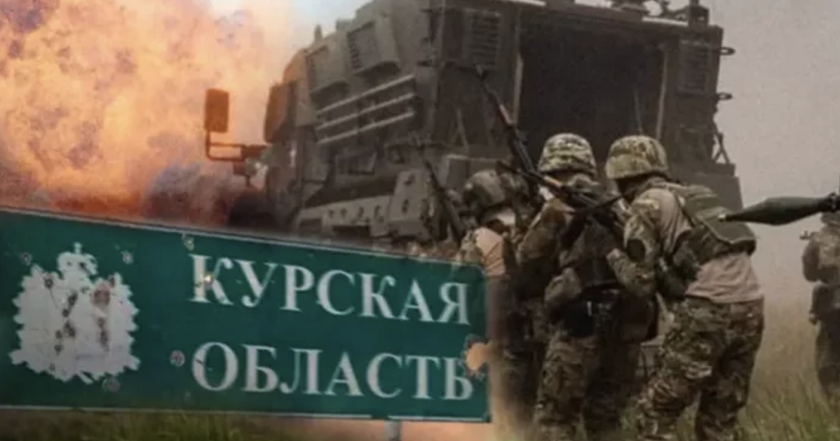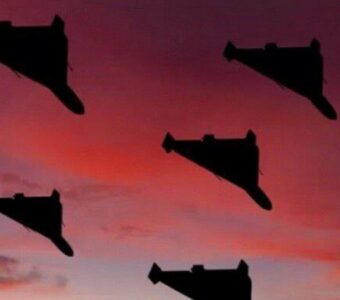Kyiv crosses another "red line" with first attack on Russia since WWII — WP

Ukraine has carried out a significant attack on Russian defenses, marking the first foreign invasion of Russian territory since World War II. This historic event, which unfolded in Kursk, Western Russia, has exposed the myth of Moscow's so-called "red lines" and demonstrated the passive and muted response of Russian leader Vladimir Putin.
The Washington Post reports this.
The Western media outlet highlights that Kyiv's rapid invasion of Kursk—a direct ground attack on Russian soil—crossed what was considered the "reddest line of all" by the Kremlin. Despite his initial bold rhetoric at the start of the full-scale invasion, Putin's reaction has been surprisingly subdued.
In February 2022, at the onset of the war, Putin warned that any country opposing Russia would face consequences "such as you have never seen in your entire history," a threat aimed at nations providing military support to Ukraine. Later, in September, he reiterated that all available means, including nuclear weapons, would be used to defend Russia's territorial integrity.
"If Russia's territorial integrity is threatened, we will certainly use all the means at our disposal to protect Russia and our people. This is not a bluff," Putin declared, assuring Russian citizens that their independence and freedom would be safeguarded by any necessary means.
However, Ukraine's breakthrough of Russian defenses has exposed the weaknesses of the Russian armed forces and highlighted the hollowness of Moscow's threats. This invasion is one in a series of actions that have repeatedly crossed the Kremlin's imaginary "red lines," such as:
- The sinking of the Russian flagship Moskva,
- The explosion on the Crimean Bridge in 2022,
- Drone attacks on the Kremlin and Moscow in 2023,
- Attacks on strategic air bases in Russia.
Western military equipment used by Ukraine, once considered a "red line" for the Kremlin, has also failed to elicit a serious response from Russia, despite earlier rhetorical threats.
While some in the West question the strategy of gradually supplying arms to Ukraine—arguing it reduces Kyiv's chances of victory and prolongs the conflict—analysts suggest that US policy on military aid could have been more decisive. An unnamed Russian academic with ties to high-ranking diplomats in Moscow noted that while the Russian leadership is serious about the use of American and Western weapons on Russian territory, no decision on a response has yet been made.
Meanwhile, Russian authorities attempt to downplay the significance of the Ukrainian invasion and their military's failures. However, these events clearly challenge the myth of Russia's inviolable borders and demonstrate Ukraine's growing confidence in its fight for independence.
The Ukrainian Armed Forces continue to advance in the Sudzha region of the Kursk area, with reports indicating ongoing operations in the region as of August 23. Despite this, Russian dictator Vladimir Putin has yet to label the Ukrainian offensive in Kursk, while the Russian Ministry of Defense officially acknowledges that Russian troops are shelling their own territory.


















































